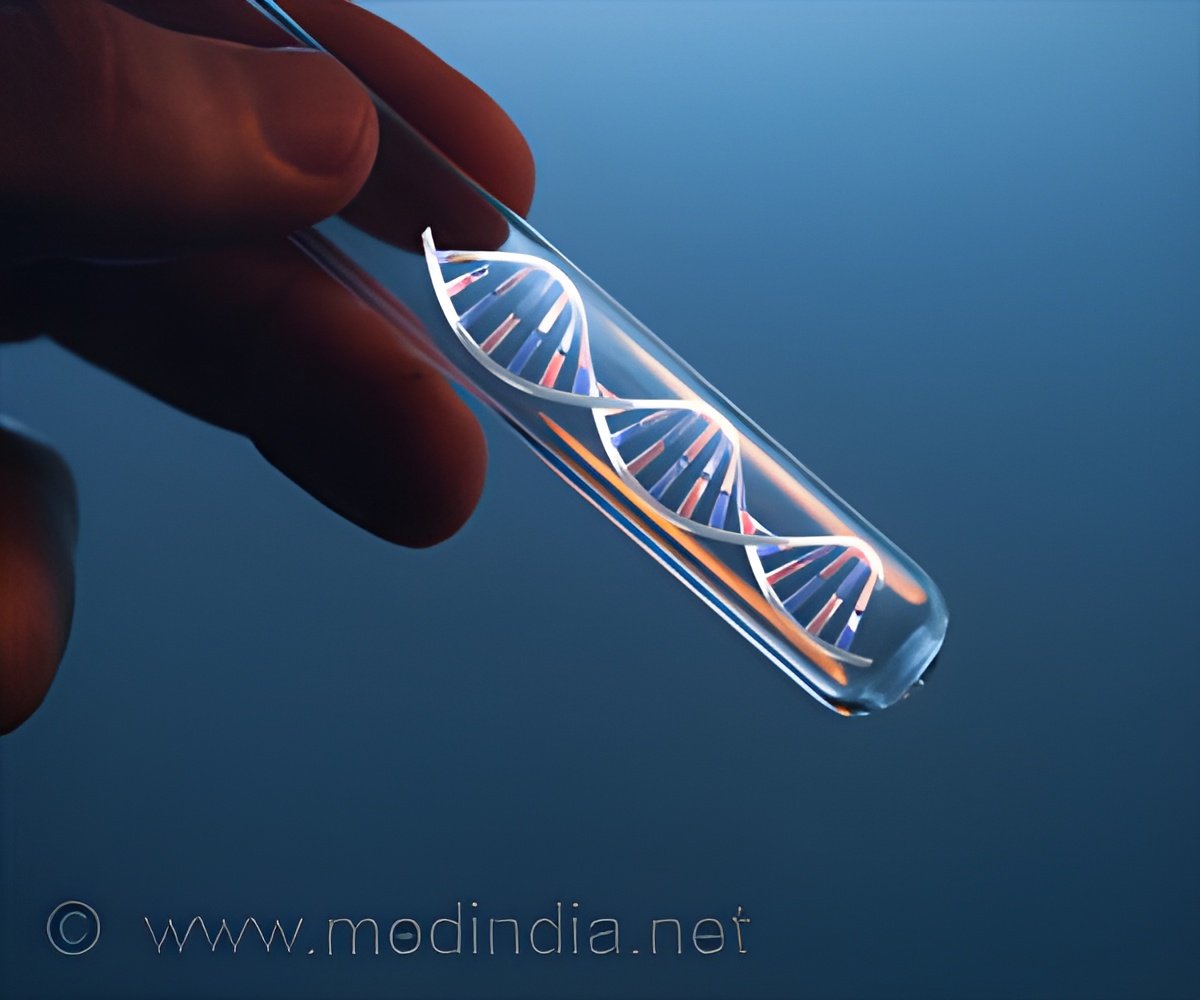
‘This study demonstrates the importance of confirming direct-to-customer (DTC) genetic test results in a clinical laboratory that is well versed in both complex variant detection and classification.’
Tweet it Now
Direct-to-consumer genetic tests (DTC) are available for the public to purchase and are often advertised on television or websites. These tests usually promise to uncover information about a person's ancestry, risk of developing certain conditions, or of being a carrier of specific autosomal recessive diseases. Such tests can also be used to predict how someone might respond to certain drugs. However, unlike clinical genetic tests carried out in a laboratory, DTC tests are not diagnostic and only offer risk information for a limited set of conditions. In the USA, their use is restricted by the Food and Drug Administration (FDA). While the FDA currently prohibits most DTC companies from offering diagnostic genetic tests, some do give customers their raw genotyping data upon request. This can then be taken to third-party companies to interpret for a fee. The raw data provided to the customer is often accompanied by a disclaimer that it is neither validated for accuracy nor intended for medical use.
Tandy-Connor and her colleagues set out to assess how accurate DTC tests were in highlighting the presence of specific genetic variants. They analyzed the raw data of 49 patients that were referred to Ambry Genetics Corp for confirmatory testing, after sharing their DTC raw data results with their medical providers.
The researchers found that two out of every five (40 percent) variants noted in the DTC raw data were incorrectly reported and could not be verified by further diagnostic lab tests. In eight instances, the variants that were present were misunderstood by third-party interpretation services.
"Such a high rate of false positives in this particular study was unexpected," says Tandy-Connor, who believes that some of the discrepancies in the results can be explained by technical differences between the various testing methods used. "While DTC results may lead to healthy changes in lifestyle or diet, these could also result in unwarranted emotions, including anxiety when someone obtains unexpected information, inaccurate information, or disappointment when receiving a lack of comprehensive diagnostic analysis."
Advertisement
"The relatively small cohort simply reflects the reality that most people who get such DTC results don't seek confirmatory testing," says Tandy-Connor. "People may assume that they are being provided accurate medical grade testing, so understandably do not go to the trouble and expense of seeking confirmation."
Advertisement
Source-Eurekalert










